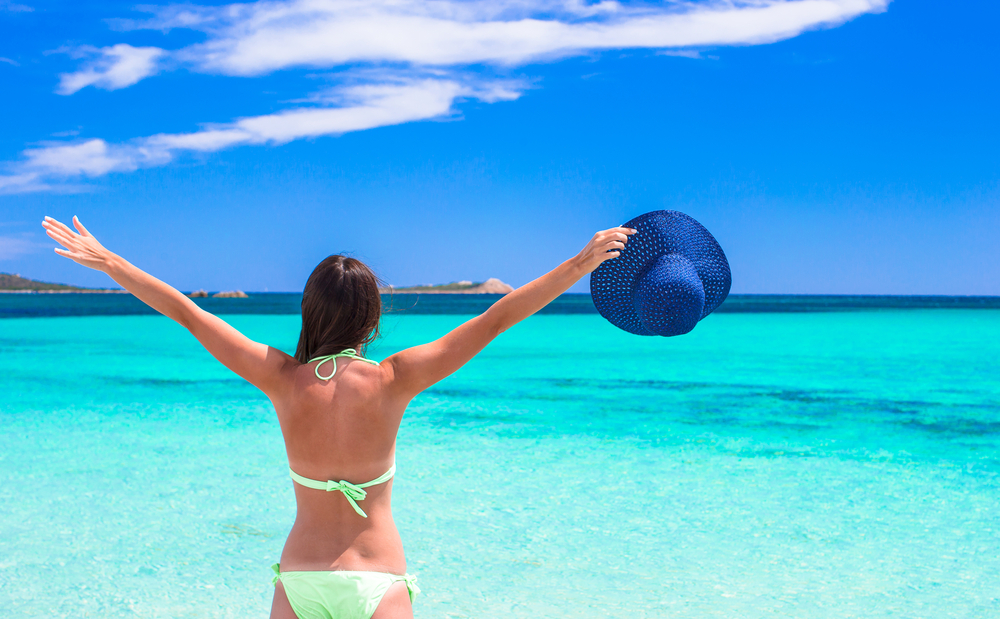Keeping well on holiday

Illness
Being in a new environment and eating different food from usual can increase the chances of getting ill. Having diabetes doesn’t make you any more likely to get ill, but if your blood glucose is high it can make you more vulnerable to infections and recovery may be slower.
Being ill can affect your blood glucose levels, but common symptoms of illness are often similar to those of high or low blood glucose too, so it is not always easy to tell if your nausea and stomach pains are the sign of gastroenteritis or high blood glucose, or if you’re feeling tired and drained because of the heat or because you’re in the early stages of a hypo. This is why it’s especially important to test your blood glucose regularly when you’re away.
Altitude
If you’re travelling to areas of high altitude, you may be at risk of altitude sickness. High altitude can cause changes in your blood glucose levels, and to make matters more confusing, the symptoms of altitude sickness can resemble those of high blood glucose.
Symptoms of altitude sickness include breathlessness, a dry cough, headache, loss of appetite, nausea and vomiting, and tiredness. You should drink plenty of fluids and try to eat regular high-carbohydrate meals, which will help you recover. Try to avoid simply reducing your insulin dose and eating less.
Feet
Remember to take good care of your feet while you’re on holiday.
Avoid taking new shoes or boots with you, as they may rub and leave you with cuts or blisters. Make sure any footwear you take fits well and has been properly broken in.
Long journeys, sitting for a long time and hot weather can all cause your feet to swell, which can increase the risk of injury or discomfort. If possible, try to walk around every half hour or so, and do foot exercises if you’re sitting down for long periods.
Make sure you inspect your feet regularly for cuts, blisters, pain or signs of infection. Don’t burst blisters – keep them clean, dry and covered, and try to stop them from rubbing. Clean any injuries with saline, diluted antiseptic or boiled salt water, before cleaning the wound with a gauze swab and taping on a sterile gauze dressing.
Always wash and dry your feet thoroughly. Apply moisturiser or cream if they become dry, avoiding between the toes. Don’t use sharp instruments or, corn plasters, as these are treated with chemicals that may increase the risk of injuring the area.
Don’t go barefoot – especially at the beach – as you may easily burn or cut your feet. Use sunscreen on your feet and wear light-coloured socks if possible, as dark colours will trap the heat.
If you discover any problems with your feet, you should seek medical advice from a pharmacist or doctor. If you are unable to do so, and you develop signs of an infection – such as redness, throbbing pain or discharge – you should start antibiotics if this has been agreed this with your doctor at home. Try to keep your blood glucose under control, as this will allow faster healing.



Leave a Reply
You must be logged in to post a comment.